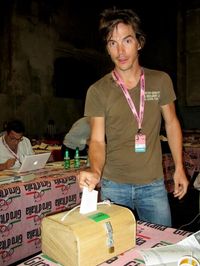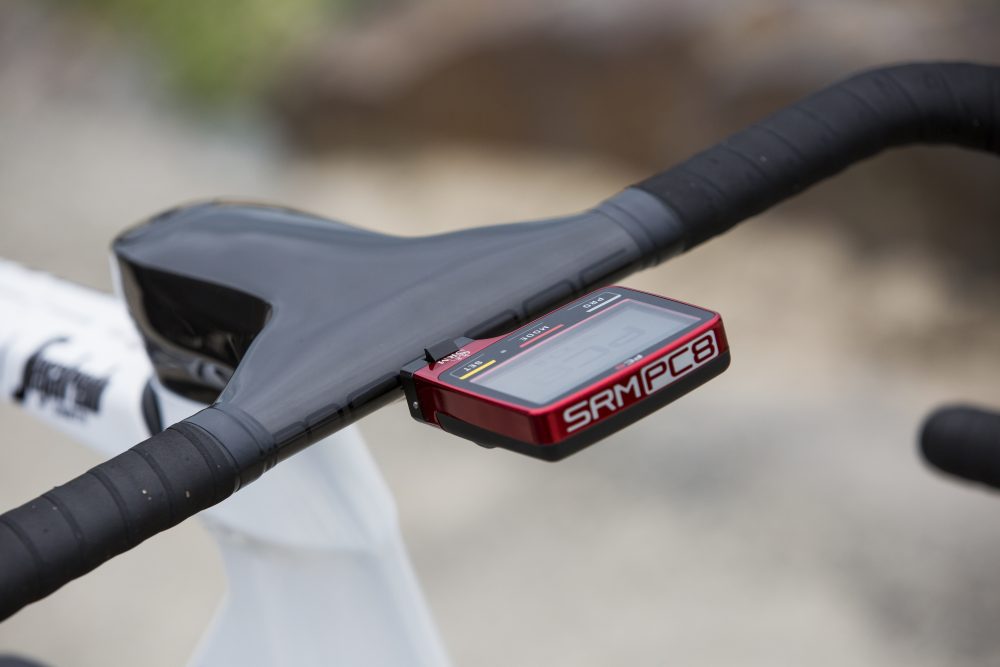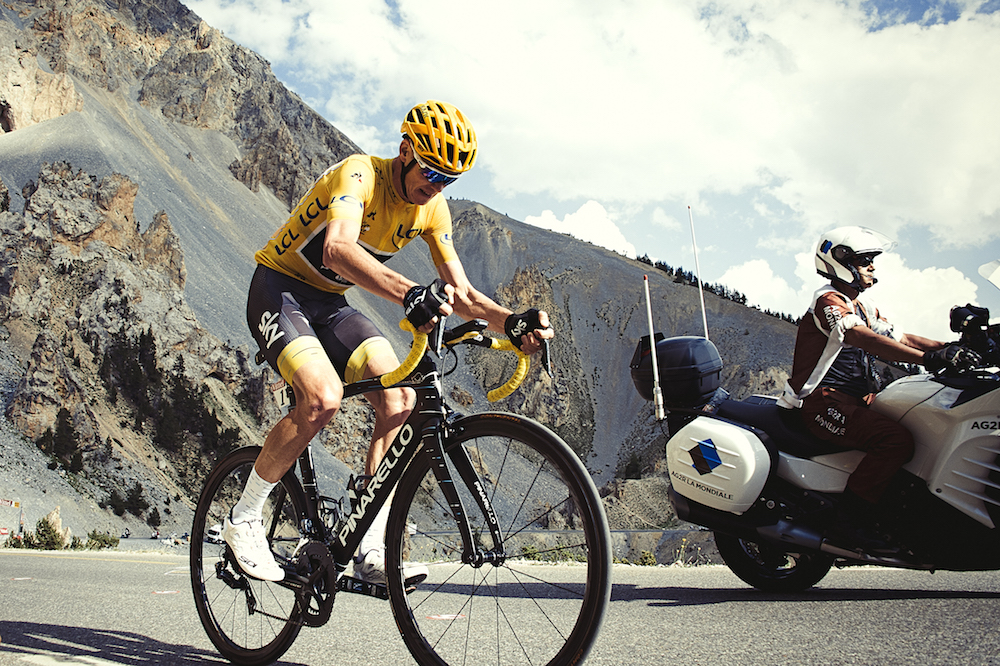Should power meters be banned from pro racing?
Pros give their take on the power meter debate as opinion is split in the professional peloton whether they should be used during races


Summit finishes in stage races and one-day Classics in the spring would be the same even without power meters monitoring cyclists' watts, say insiders.
Teams say that SRM and other meters do not affect the racing, that it is still a human effort involving instinct and suffering.
>>> Power meters: everything you need to know
"Why do you have a GPS in your car? Why do you have a smart phone? Why do you have a computer? You cannot turn back the time," general manager of Quick-Step Floors, Patrick Lefevere told Cycling Weekly.
"If you see the way Matteo Trentin wins in this Vuelta a España, that's instinct. And look at Philippe Gilbert attack in Flanders. You can't roll back the time. If you use them or not, they will not change the races."

Some critics say that the power readings help cyclists measure their attacks or steadily chase down those who are going on gut feeling.
Alberto Contador (Trek-Segafredo) has already been critical of Sky's racing style in the past. At the Vuelta 2017, he suggested that Chris Froome (Sky) carefully measured his chase in the race's 14th stage when he and Vincenzo Nibali (Bahrain-Merida) attacked on the Pandera pass.
The latest race content, interviews, features, reviews and expert buying guides, direct to your inbox!
"It's normal that Froome waited back [when we attacked]," Contador said, "he was just looking at his power output."
"It's still human even if they have all the help in the world," Lefevere countered. "Riders have one bullet and maybe two, and if you shoot it needs to be to the head otherwise you wasted it. The difference is before, in the time of Eddy Merckx, you attacked on instinct and sometimes you blew up."
Frenchman Nicolas Portal raced as a professional and now directs Team Sky's Grand Tour teams lead by Chris Froome. In the past, critics like Alberto Contador and Vincenzo Nibali, pointed fingers at the black Sky train and when it sped up climbs in pursuit of Froome's rivals.
"People think riders ride to their heart rates and watts but that's not true," Portal said.
"It's not like when Contador attacks they know how many watts he is pushing. They are riding according to how their legs feel.
"They can look down and see the number and say, 'Oh yeah, that's the right number.' But they can feel it in their legs anyway. It's just another toy that the riders have."
"Maybe it's like that," Wilco Kelderman (Sunweb) said of the meters dictating tactics. "Some riders need to look to see how hard they are riding but I don't know if that's really like that. I think it's more on feeling.
"Sometimes it looks like Chris Froome is riding on the watts but I don't know! Maybe, but I don't know."
Froome won the Tour de France four times and dominated other stage races. He has been leading the 2017 Vuelta a España for the last two weeks. He said in the past that he is "aware of the numbers" but rides "more on feeling."
Examples of such gut feeling could have been his attack on the descent to Bagnères-de-Luchon or in the crosswinds to Montpellier with Geraint Thomas in the 2016 Tour de France.
Vincenzo Nibali, winner of all three Grand Tours including the 2014 Tour de France, criticised Froome and Sky in the past for its “scientific” style. Now, he says that power meters affect races very little.
Watch: First look at the new Garmin Vector pedals and Edge 1030
"It's useful to know your limit in training, but in the race, it can be useful sometimes, but in most cases, it's not," said Nibali.
"Do they ruin racing? It depends because when I'm going well, I don't even look at the watts. OK, it can be useful but maybe not.
"For us riders, it's very important to have them to see how we've gone in a race and have that history day after day to see how we are recovering or improving."
"It's just an instrument that's used by the trainers," explained Nibali's coach and sports director at team Bahrain-Merida, Paolo Slongo.
"In training it's important for the rider, but in the races it's important for the trainer. It gives you a history of what the riders have been doing in the race.
"It's not as if you take that computer way you're going to have more of a show. Look at how Vincenzo Nibali or Alberto Contador is racing in the Vuelta a España, you still get a show."
Gregor Brown is an experienced cycling journalist, based in Florence, Italy. He has covered races all over the world for over a decade - following the Giro, Tour de France, and every major race since 2006. His love of cycling began with freestyle and BMX, before the 1998 Tour de France led him to a deep appreciation of the road racing season.
